The United States President Donald Trump's tariffs have been headed to the Supreme Court as Washington and New Delhi pursue a trade deal. This development has led to a significant impact on export hubs in India, resulting in cancelled orders, layoffs, and falling pay rates. The uncertainty surrounding the tariffs has left factory workers in a precarious position, with many struggling to make ends meet.
According to factory owners, the cancelled orders have resulted in a significant loss of revenue, with some reporting a decline of up to 30% in sales. "We have been hit hard by the tariffs," said Ramesh Kumar, owner of a textile factory in Mumbai. "We have had to lay off several workers and reduce their pay rates to stay afloat." Kumar added that the uncertainty surrounding the tariffs has made it difficult for his factory to plan for the future.
The impact of the tariffs on factory workers is not limited to job losses and reduced pay rates. Many workers are also struggling to access basic necessities, such as food and healthcare. "The tariffs have made it difficult for us to afford basic necessities," said Rohini Singh, a factory worker in Delhi. "We are forced to live in poverty and uncertainty, with no clear end in sight."
The background of the tariffs dates back to 2018, when the Trump administration imposed tariffs on Indian goods worth $6 billion. The tariffs were imposed in response to India's decision to impose tariffs on American goods worth $240 million. Since then, the tariffs have been a major point of contention between the two countries, with both sides engaging in a series of trade negotiations.
In addition to the impact on factory workers, the tariffs have also had a significant impact on the Indian economy. The country's exports have declined by 10% in the past year, with many attributing the decline to the tariffs. "The tariffs have had a devastating impact on our exports," said Arvind Subramanian, a former chief economic advisor to the Indian government. "We need to find a way to resolve the issue as soon as possible to avoid further economic damage."
The current status of the tariffs is that they are headed to the Supreme Court, with a hearing scheduled for next month. The court is expected to rule on the constitutionality of the tariffs, which could have significant implications for the trade deal between the two countries. In the meantime, factory workers continue to struggle, with many relying on government assistance to get by.
As the situation continues to unfold, many are left wondering what the future holds for factory workers and the Indian economy. Will the tariffs be resolved, or will they continue to cause uncertainty and hardship for those affected? Only time will tell.


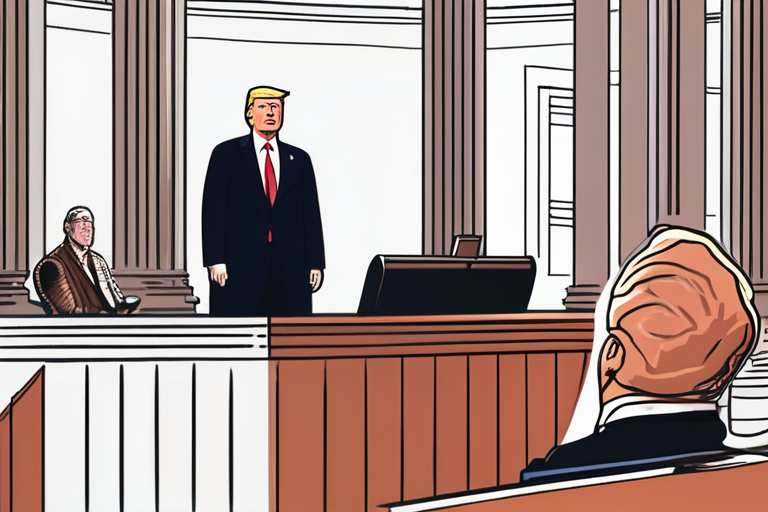
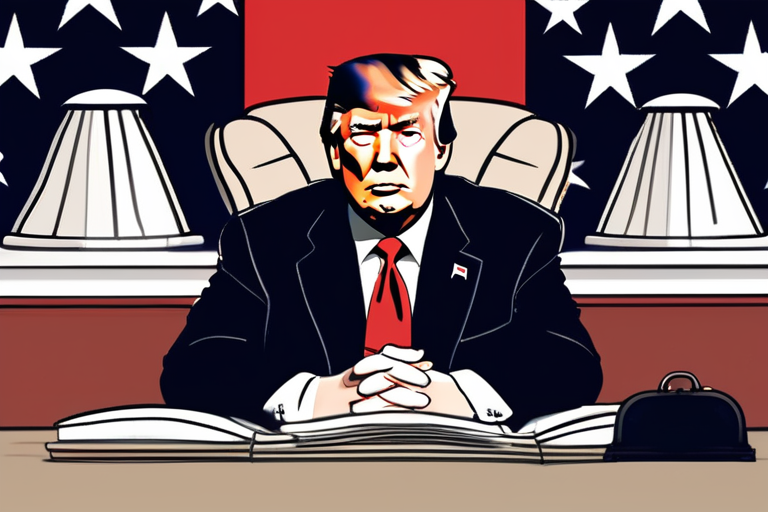
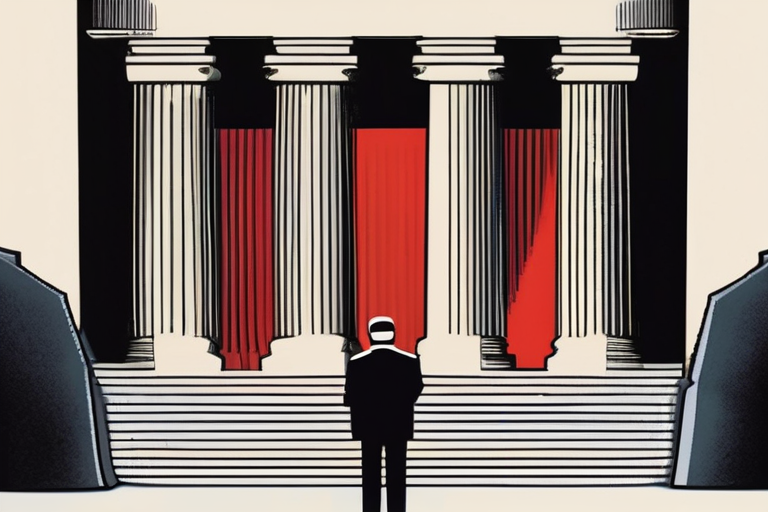
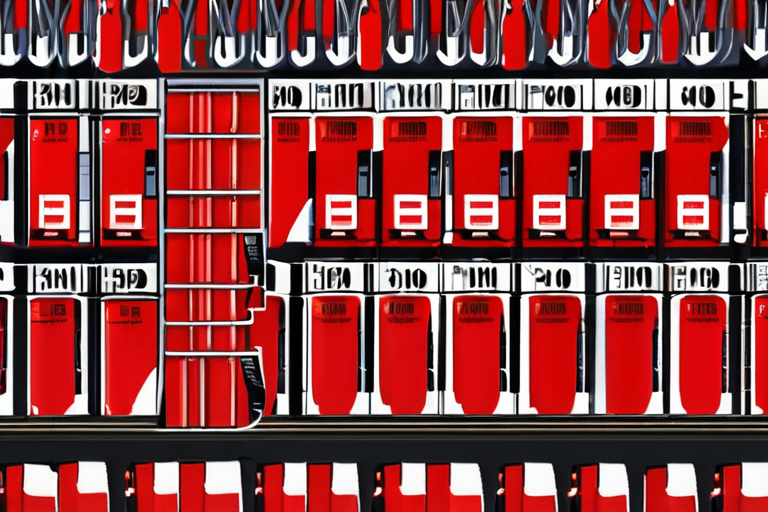
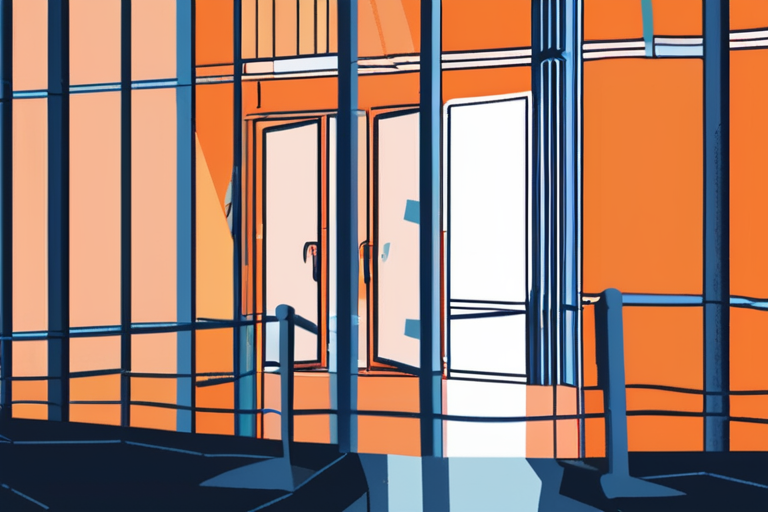

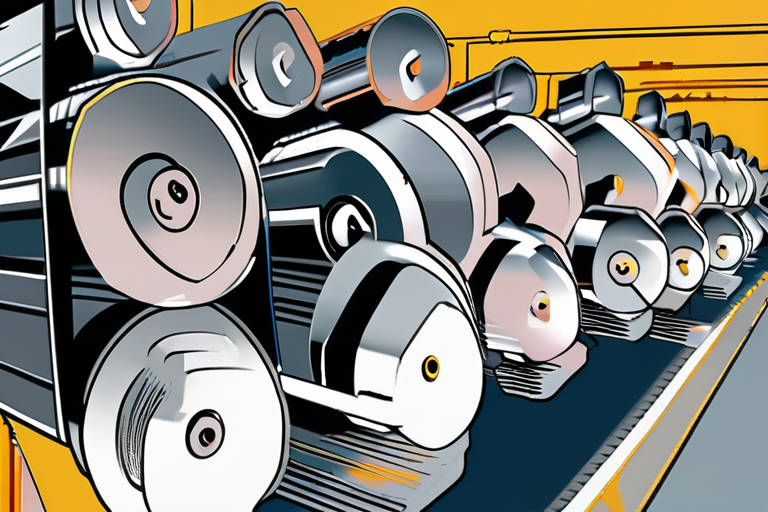
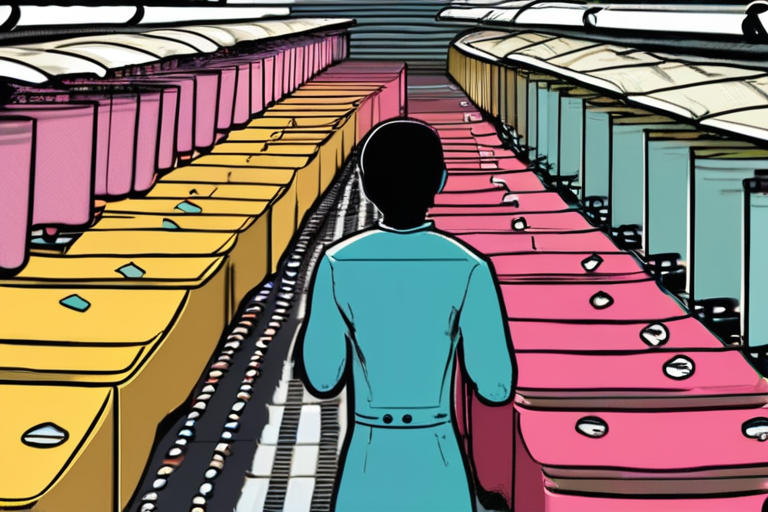


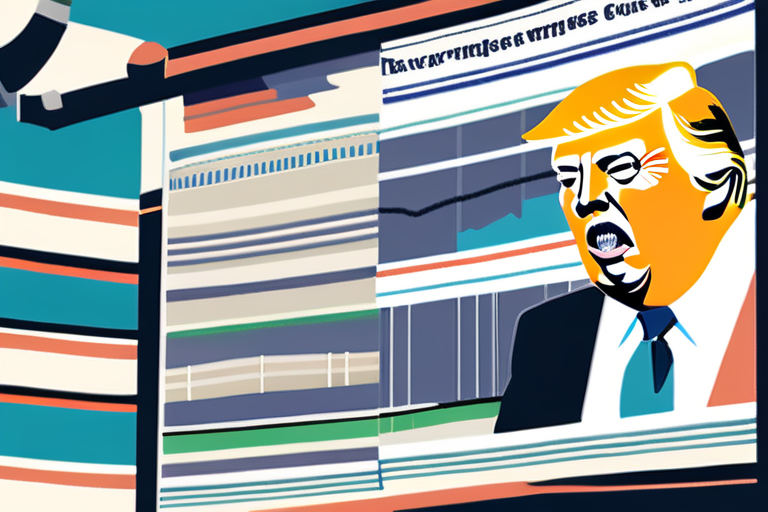
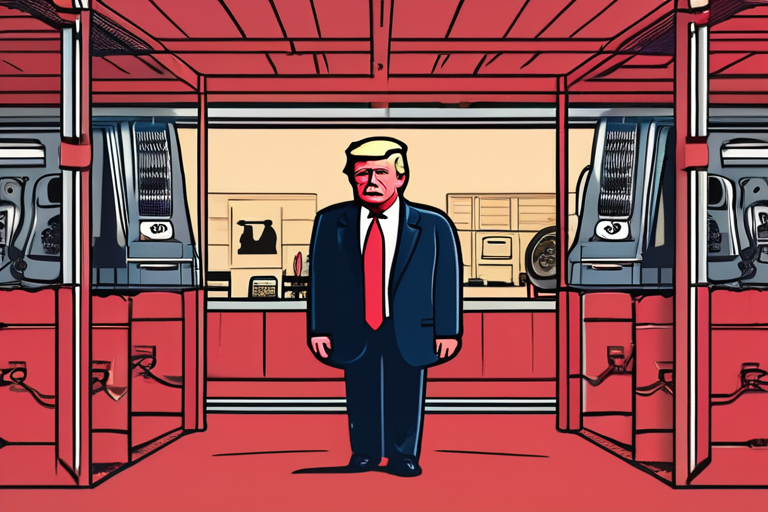
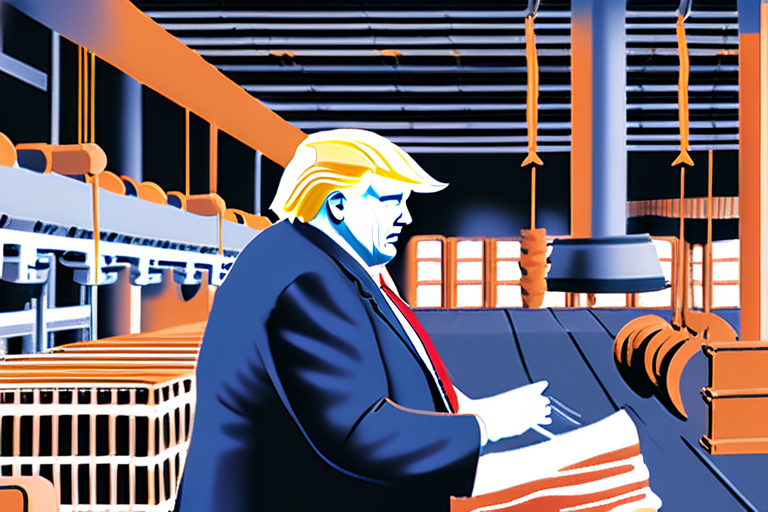
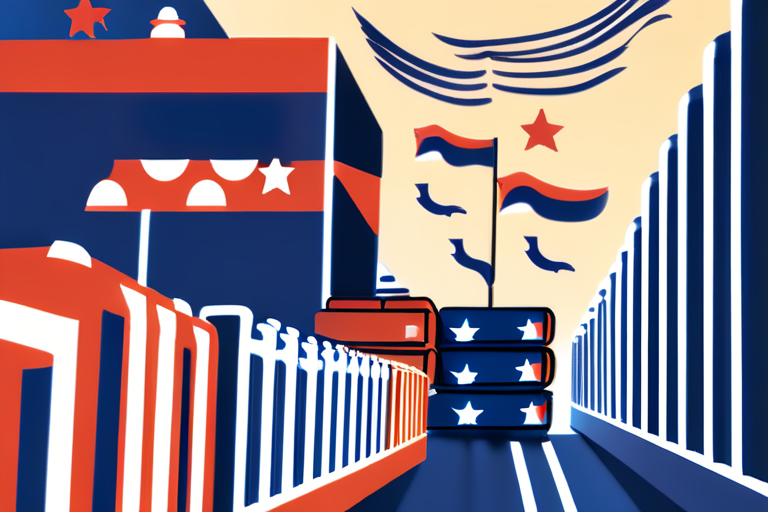
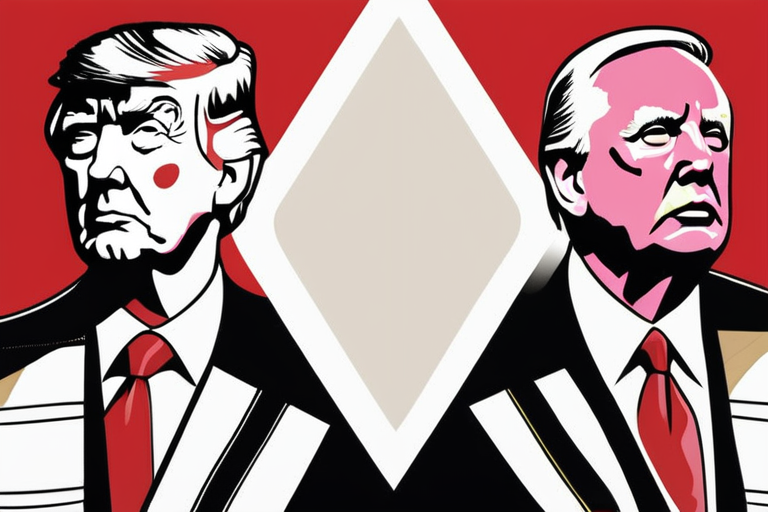


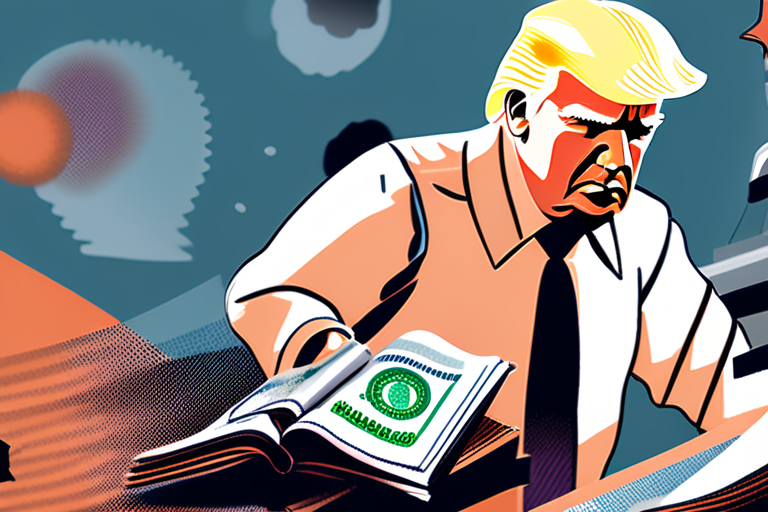
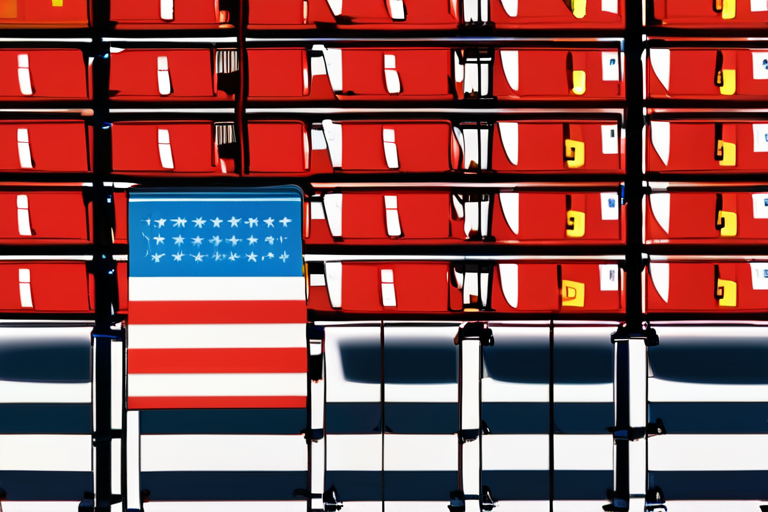
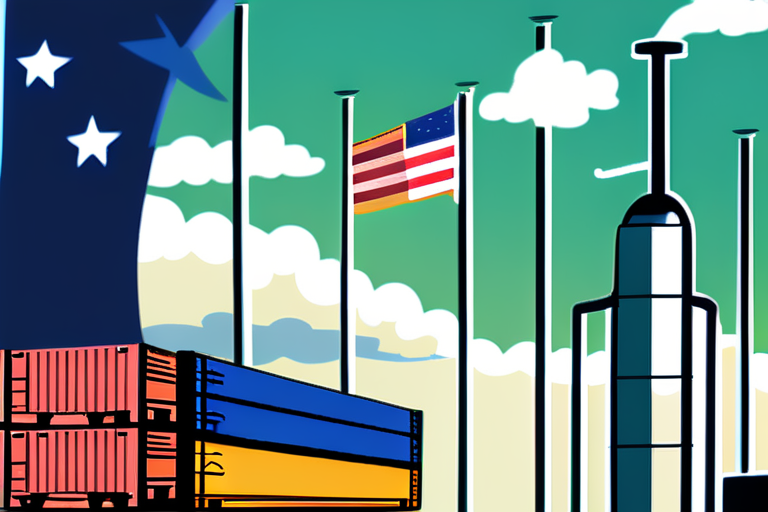
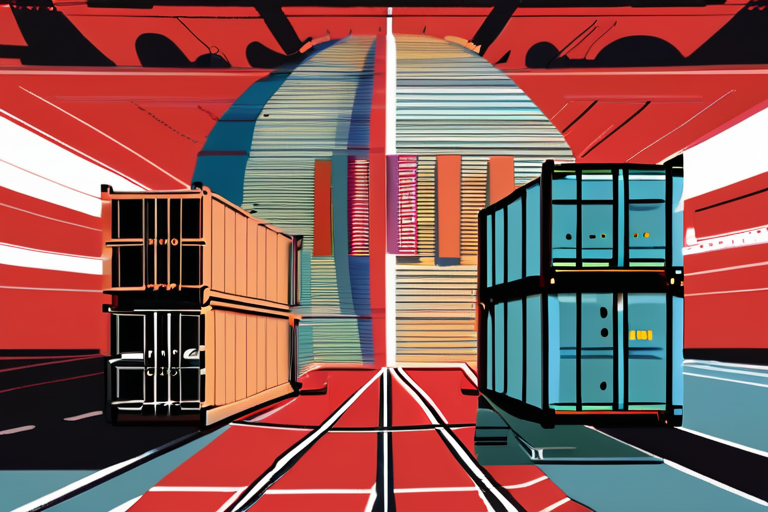


Share & Engage Share
Share this article